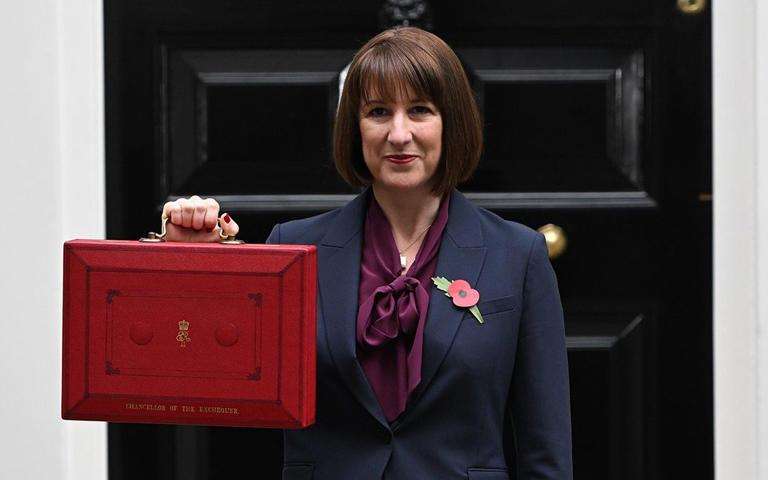Rachel Reeves’ “Budget for Growth” has been followed by a sharp increase in business closures, marking the largest spike since the Covid-19 lockdowns, according to an analysis by The Telegraph.
Between October and December 2024, approximately 4,500 companies shut down, making it the worst quarter for voluntary liquidations since early 2021, when 5,133 businesses closed.
Business organizations said they were not surprised by the findings and criticized the Chancellor for fostering a “hostile environment for businesses” by raising employer National Insurance contributions in October’s Budget. This tax increase was a key component of Reeves’ economic plan, but industry leaders cautioned that it would lead to layoffs.
Liquidators reported receiving nearly a year’s worth of work in the weeks surrounding the Budget.
In recent weeks, Ms. Reeves has committed to boosting economic growth following fluctuations in the pound and market concerns over her policies. However, the UK economy has remained stagnant since the general election in July, heightening fears of a recession.
A survey by the Confederation of British Industry (CBI) revealed that private sector executives anticipate a sharp decline in economic activity over the next three months. Additionally, the Institute of Directors’ Economic Confidence Index indicated that business sentiment remains at historic lows, with investment plans and hiring expectations both falling.
Polling by Ipsos found that 42% of the public now have a negative perception of Reeves’ performance as Chancellor, with many holding her more accountable for the country’s economic struggles than Liz Truss.
Anna Leach, Chief Economist at the Institute of Directors (IoD), told The Telegraph that the rise in insolvency cases was expected given the increased financial pressures on businesses. A liquidator in South East England noted that they had received a full year’s workload in October and anticipated similar volumes in March.
Leach added that business confidence remains historically low, with the IoD’s confidence index only slightly improving from -61 in December 2024 to -59 in January. She stressed the importance of the Chancellor finding ways to alleviate these pressures, welcoming indications that tax policies and employment regulations might be reconsidered.
Karim Fatehi, CEO of the London Chamber of Commerce and Industry, echoed these concerns, stating that the rise in employer National Insurance and reduced business rates relief have created a challenging climate for businesses.
He added that London’s business community is losing faith in the government’s economic strategy. According to Chamber data, 78% of businesses report that the increased National Insurance contributions will negatively impact them, while 76% feel the government has failed to adequately consult them on the Employment Rights Bill.
‘Forget forecasts, the reality is different’
Mr Fatehi continued: “These figures should set alarm bells ringing in the Government. Despite their positivity and optimism forecasting economic growth in the past week, the reality on the ground tells a different story.
“If prosperity is to extend to all corners of our economy as the Government intends, businesses require swift action to mitigate the damaging legislation introduced in the autumn Budget.”
Andrew Griffith, the shadow business secretary, said: “The verdict from the IoD is in and it’s not good, with confidence in negative territory and falls in hiring and investment intentions.
“Despite her background in customer complaints, Rachel Reeves is not listening to the war calls from businesses to stop the jobs tax and shelve the anti-growth employment bill.
“Under new leadership, only the Conservatives are backing Britain’s entrepreneurs and wealth creators to succeed.”
_7.jpg)


_9.jpg)




.svg)


